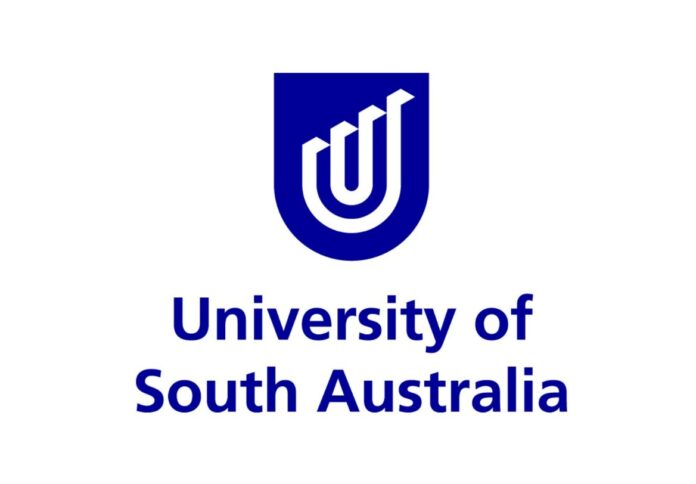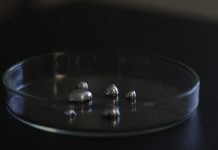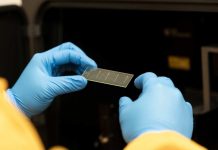
Engineers from the University of South Australia (UniSA) have developed a new, environmentally friendly material that could reduce the high costs associated with maintaining Australia’s ageing sewer infrastructure.
The innovation involves combining alum-based water treatment sludge – a waste product from the drinking water purification process – with ground granulated blast-furnace slag, commonly used in cement production.
The resulting material is not only more than 50 per cent stronger than traditional concrete but also resistant to acid-induced degradation, a common issue in sewage systems, the university said in a news release.
Concrete is typically used to construct sewer pipes due to its strength and affordability. However, it is vulnerable to corrosion from acids and microorganisms, contributing to a nationwide repair and maintenance bill estimated at $70 billion.
The newly developed material, evaluated in a study published in the Journal of Building Engineering, may offer a more durable and cost-effective solution.
PhD candidate Weiwei Duan, whose work underpins the study, said the research highlights a dual benefit: improving sewer infrastructure and repurposing a problematic waste material.
“Sludge is usually disposed of in landfill sites, which not only reduces available land for other uses, but also harms the environment, creating CO? emissions from transporting the waste,” Duan said.
The study tested samples with 20 to 40 per cent sludge content, revealing significantly higher compressive strength compared to concrete made with 100 per cent blast-furnace slag.
The material also showed improved resistance to sulphur-oxidising bacteria, which are known to accelerate corrosion in sewer environments.
Principal supervisor and lead researcher Professor Yan Zhuge said the findings point to a promising alternative that aligns with both economic and environmental goals.
“This has the potential to extend the service life of sewage pipes, reduce maintenance costs, and promote the reuse of water treatment byproducts, thus contributing to the circular economy,” Prof Zhuge said.
“The construction industry is one of the world’s biggest greenhouse gas emitters, so if we can cut down on the need for cement, we will be helping to lower carbon emissions.”
Duan’s work was recently recognised with the 2025 Australian Water Association’s Student Water Prize, making him the first UniSA student in 60 years to receive the national accolade.
The research, titled Evaluating microbiologically influenced corrosion in alkali-activated materials incorporating alum sludge, was conducted by UniSA’s Professor Yan Zhuge, Weiwei Duan, Dr Yue Liu, Professor Christopher Chow, and Alexandra Keegan from SA Water Corporation. The study is available via DOI: 10.1016/j.jobe.2025.112682.


















